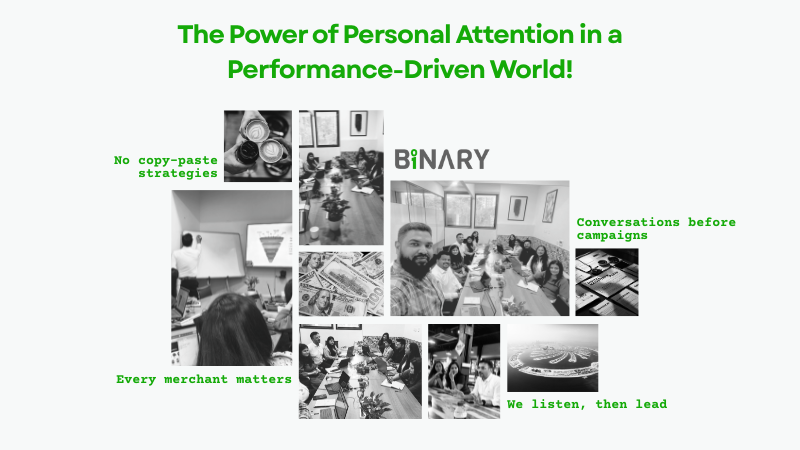The global supply chain has always been the backbone of commerce, ensuring goods reach consumers efficiently and effectively. However, recent times have revealed its vulnerability to disruptions, highlighting the urgent need for businesses to fortify their supply chain resilience.
According to recent data, a staggering 68% of businesses report that the current supply chains crisis is negatively impacting their ability to fulfill customer demand. Moreover, 66% anticipate that supply chain issues will worsen in the coming year, underscoring the pressing need for robust resilience strategies.
- Understanding the Supply Chain Crisis:
The COVID-19 pandemic has exacerbated existing supply chain challenges, leading to shipping delays, increased costs, and manufacturing disruptions. These disruptions have reverberated across industries, affecting businesses of all sizes and sectors. As a result, businesses are facing immense pressure to adapt and respond effectively to mitigate the impact on their operations and customer satisfaction. - Adopting Supply Chain Resilience Strategies:
To navigate the complexities of the supply chain crisis, businesses must adopt resilience strategies to safeguard their operations. Nearshoring and multisourcing are two effective approaches that can help mitigate risks and enhance flexibility. Nearshoring involves leveraging distributors within the same region to gain greater control over the supply chains, while multisourcing diversifies suppliers to reduce dependency and increase resilience. - Benefits of Contingency Plans:
Implementing contingency plans is essential for building resilience and ensuring uninterrupted operations. By having backup suppliers and alternative distribution channels in place, businesses can minimize the impact of disruptions and maintain consistent inventory levels. Moreover, these strategies contribute to sustainability efforts by reducing transportation-related emissions and overall environmental footprint. - Prioritizing B2B Customer Satisfaction:
Supply chain resilience is paramount for B2B customer satisfaction. Businesses that can consistently meet customer demand and deliver on time are more likely to build trust and loyalty. By proactively addressing supply chain challenges and minimizing disruptions, businesses can enhance their reputation and competitiveness in the market. - Continuous Adaptation and Improvement:
Supply chains resilience is an ongoing journey that requires continuous adaptation and improvement. Businesses must remain vigilant and responsive to changing market conditions, emerging risks, and evolving customer needs. By regularly reviewing and refining their supply chain strategies, businesses can remain agile and resilient in the face of uncertainty.
In conclusion, building supply chains resilience is critical for B2B ecommerce success. By understanding the challenges posed by the current supply chain crisis and implementing effective resilience strategies, businesses can mitigate risks, ensure continuity, and maintain customer satisfaction. By prioritizing supply chains resilience and continuously adapting to changing conditions, businesses can thrive in the competitive landscape of B2B ecommerce.
Read Next: The B2B Ecommerce Platform Guide: Finding Your Perfect Fit


















